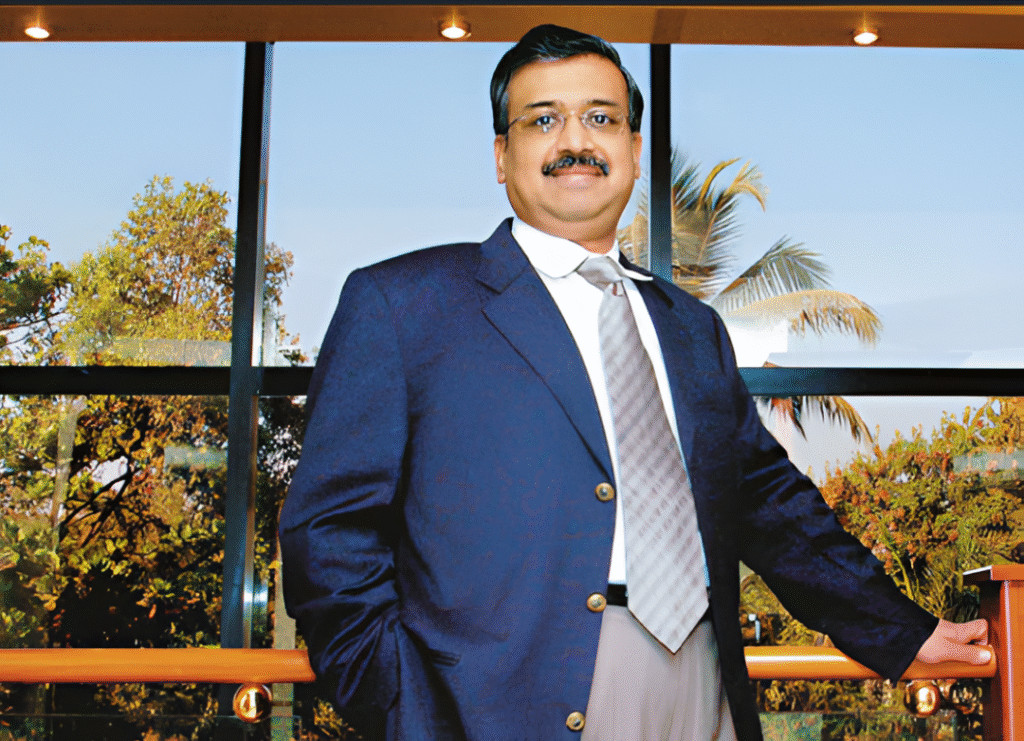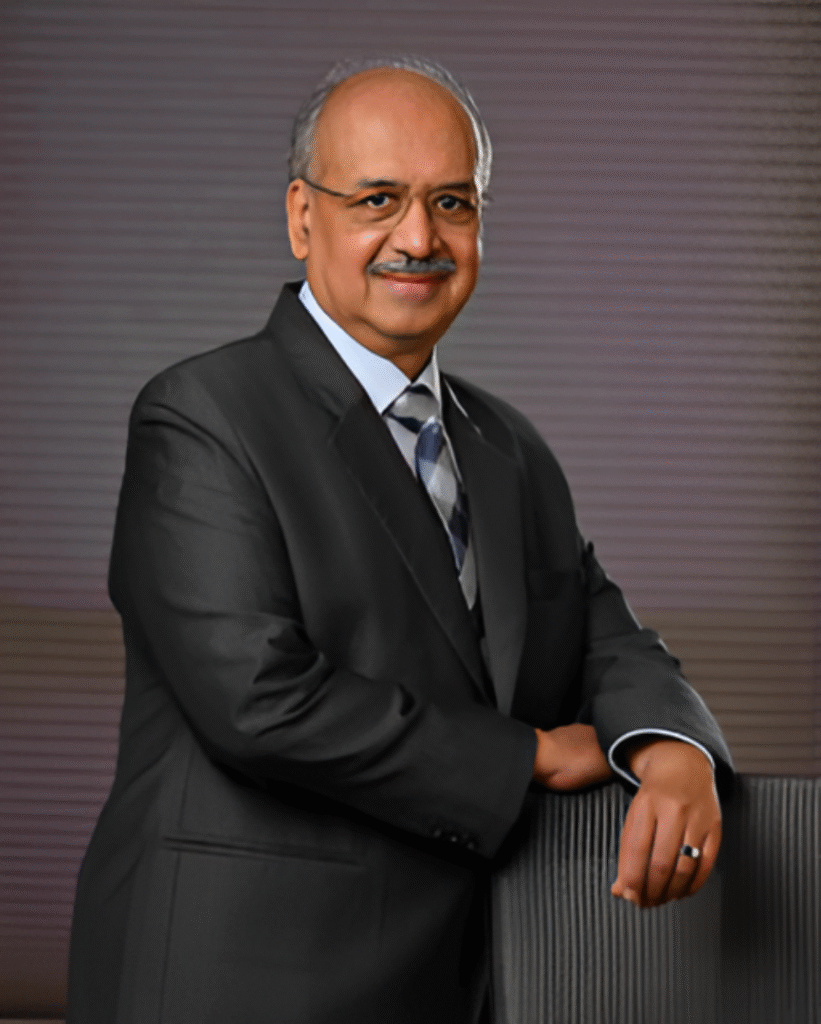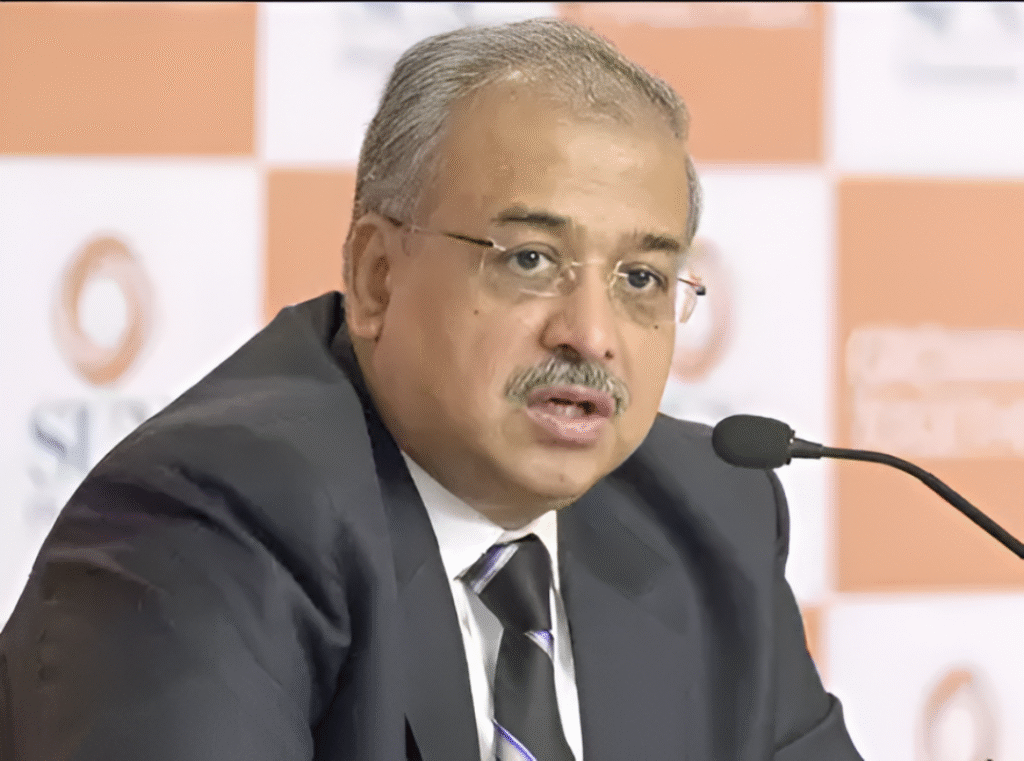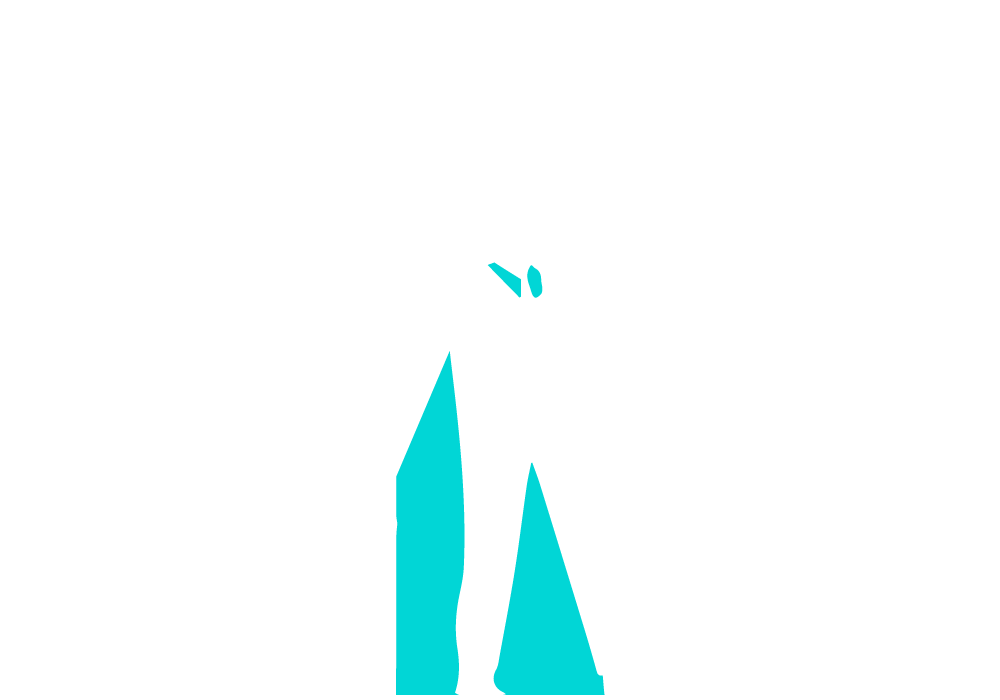Dilip Shanghvi Biography: Building a Pharma Empire
Dilip Shanghvi, born October 1, 1955, in Amreli, Gujarat, is a billionaire industrialist and founder of Sun Pharmaceutical Industries, India’s largest pharmaceutical company. Known as the “Medicine Mogul,” Dilip Shanghvi transformed healthcare with affordable medicines. This biography explores his early life, career highlights, struggles, controversies, philanthropy, social media presence, and lesser-known facts as of July 2025.
About Dilip Shanghvi

| Category | Details |
|---|---|
| Full Name | Dilip Shantilal Shanghvi |
| Born | October 1, 1955, Amreli, Gujarat, India |
| Profession | Businessman, Founder and Managing Director of Sun Pharmaceuticals |
| Notable Work | Sun Pharma, Ranbaxy Acquisition, Taro Pharma, Checkpoint Therapeutics |
| Marital Status | Married to Vibha Shanghvi (1980s) |
| Children | Aalok Shanghvi, Vidhi Shanghvi |
| Net Worth | ~$28.9 billion (May 2025) |
| Awards | Padma Shri (2016), Ernst & Young Entrepreneur of the Year (2014) |
Dilip Shanghvi’s Early Life
Small-Town Roots
Born in Amreli, Gujarat, Dilip Shanghvi grew up in a Gujarati Hindu Vaishnav family in Kolkata’s Burrabazar. His father, Shantilal, ran a wholesale drug business, exposing young Dilip to the pharmaceutical world. His mother, Kumud, nurtured his curiosity, fostering a drive for innovation.
Education and First Steps
Dilip studied at J.J. Ajmera High School and earned a B.Com from the University of Calcutta in 1982. While in college, he helped his father distribute generic drugs, sparking the idea to manufacture his own medicines. This vision laid the groundwork for his entrepreneurial journey.
Struggles and Down Phases
Early Financial Risks
At 27, Dilip borrowed ₹10,000 from his father to start Sun Pharma in 1982. With just five employees and one psychiatric drug, the venture was risky. Competing against established pharma giants with limited resources tested his resolve. Initially, growth was slow, requiring relentless effort.
Regulatory and Financial Challenges
The 2014 Ranbaxy acquisition brought regulatory scrutiny from the U.S. FDA over quality issues, impacting Sun Pharma’s profits from 2014 to 2018. A 2015 whistleblower complaint alleged insider trading, causing a six-month stock low. Additionally, the 2023 Suzlon investment faced losses, dropping from ₹18 billion to half its value.
Career Highlights


Founding Sun Pharma
In 1982, Dilip Shanghvi launched Sun Pharmaceutical Industries in Vapi, Gujarat, focusing on psychiatric drugs. By 1994, the company went public, expanding into cardiology and gastroenterology. His first major acquisition, Knoll Pharma’s plant in 1996, marked Sun Pharma’s growth trajectory.
Global Expansion
Dilip’s strategic acquisitions, including Caraco Pharma (1997), Taro Pharma (2007), and Ranbaxy Laboratories ($4 billion, 2014), made Sun Pharma India’s largest and the world’s fifth-largest generic drugmaker. In 2025, the $355 million acquisition of Checkpoint Therapeutics bolstered Sun Pharma’s oncology portfolio with UNLOXCYT for skin cancer.
Personal Life
Dilip married Vibha Shanghvi, a pharmacist, in the 1980s. They have two children, Aalok and Vidhi, both working at Sun Pharma. Aalok, married to Karishma Mehta, leads Taro Pharma, while Vidhi, married to Vivek Salgaocar, contributes to the family business. The family lives in Mumbai, valuing simplicity despite their wealth.
Controversies
Regulatory Scrutiny
Sun Pharma faced U.S. FDA concerns over quality control in its manufacturing plants, particularly post-Ranbaxy acquisition. Allegations of price-fixing and anticompetitive practices in the U.S. led to investigations, impacting the company’s reputation. Dilip has consistently denied these claims, focusing on compliance.
Insider Trading Allegations
In 2015, a whistleblower accused Sun Pharma of insider trading, causing a stock dip. A 2017 Australian brokerage report, “Murky Waters of Sun Pharma,” raised governance concerns, sparking social media debates. Despite this, India’s Supreme Court cleared Sun Pharma in 2024, restoring investor confidence.
Philanthropy
Through the Shantilal Shanghvi Foundation, Dilip supports education and healthcare. The foundation funds schools, hospitals, and disaster relief. His daughter-in-law, Karishma, runs Shikha Academy, a low-cost school for underprivileged children. Additionally, Dilip’s role as IIT Bombay’s board chairman and Rhodes Scholarship trustee promotes educational excellence.
Social Media Presence

Dilip maintains a low social media profile, with no personal accounts. Sun Pharma’s official X account (@SunPharma_Live) and Instagram (@sunpharma_india) share updates on his vision, reaching over 200,000 followers. His son Aalok occasionally posts about Sun Pharma’s milestones on LinkedIn, amplifying Dilip’s legacy.
Lesser-Known Facts
- Book Lover: Avid reader of Harry Potter and business books.
- Art Collector: Owns a notable collection of contemporary Indian art.
- Music Enthusiast: Enjoys classical music and attends concerts.
- Tennis Player: Plays tennis and golf regularly.
- Spiritual Devotee: Worships Shrinathji, with idols in Sun Pharma offices.
- Comic Fan: Enjoys reading comics in his free time.
- Low-Key Lifestyle: Avoids high-profile events, preferring simplicity.
- Surat Mansion: Owns a lavish, eco-friendly home in Surat.
- Global Traveler: Visits Nathdwara, Rajasthan, for pilgrimages.
Current Status and Influence
As of July 2025, Dilip Shanghvi ranks fifth among India’s richest with a $28.9 billion net worth, per Forbes. Sun Pharma, with $5.3 billion in revenue, operates in 100 countries, employing 40,000 people. His 2025 Checkpoint acquisition and focus on oncology and renewables highlight his vision. As RBI board member and IIT Bombay chairman, Dilip shapes India’s economic and educational landscape.
Conclusion
This Dilip Shanghvi biography showcases a journey of grit and innovation. From a ₹10,000 startup to a global pharma giant, Dilip Shanghvi overcame financial risks and controversies to redefine healthcare. His philanthropy and leadership inspire millions. In 2025, his influence continues to drive affordable medicine and societal progress.
















